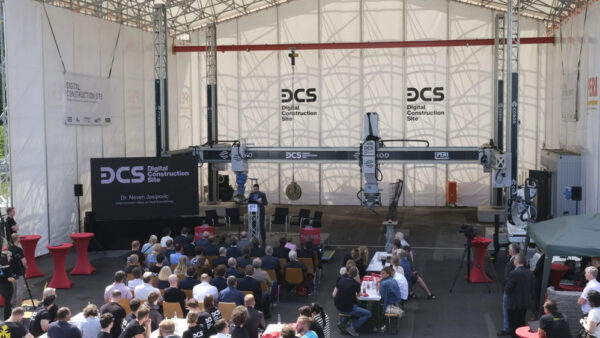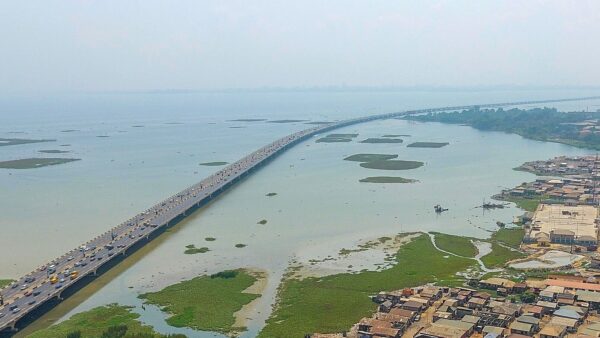Companies in Russia and Germany have put forward a plan to build a joint hydrogen production plant as part of a plan jointly to develop low carbon energy sources.
The proposal, put forward by the German-Russian Chamber of Commerce, said the two countries should “take advantage of years of their successful partnership in the oil and gas industry to closely cooperate in the development of hydrogen”.
The proposal has been sent to relevant ministries of both countries.
Germany is ready to allocate EUR 2 billion (about $2.26 billion) for such projects involving international partners, including Russia.
Matthias Schepp, the head of the chamber of commerce, said Germany and Russia had ratified the Paris climate agreement and should take concrete action to develop low carbon energy.
“German-Russian cooperation in the field of hydrogen technology will make a decisive contribution to a carbon-neutral world,” he said. “We have to take this unique opportunity to become a technology leader and to shape the future of Russian and German energy companies.”
Germany has become a pioneer in hydrogen technologies in recent years (see further reading, below). At present it is planning a further investment of €9bn, of which €2bn is earmarked for cooperation with international partners. Schepp said Russia, as a “superpower for raw materials with huge water reserves” would be an ideal partner for hydrogen cooperation.
Last month, the Germany’s government released its long-awaited national hydrogen strategy.
The paper says “only hydrogen produced on the basis of renewable energies is sustainable in the long term”, and that hydrogen made with natural gas should be used only “on a transitional basis”.
The publication sparked a discussion about whether hydrogen was a better means than wind, solar and batteries to power cars and heating systems. Several NGOs said its use should be restricted to vehicles that cannot be powered directly by electricity, such as ships and planes, since electric cars were more efficient.
The energy relationship between Russia and Germany has been strengthened in recent years by their joint fight against the US government’s drive to halt the Nord Stream 2 gas pipeline, which has taken the form of diplomatic pressure on EU states and a sanctions regime against participating companies.
Gerhard Schröder, the former German chancellor, who now chairs Nord Stream 2’s board of directors, said this week that US attempts to “dictate the sovereign community of states such as the EU” must be rejected, and proposed counter-sanctions against the US.
Alexander Reitzenstein, a senior policy adviser at clean energy lobbyist E3G, responded by calling Schröder a “badly informed Russian gas lobbyist” and “a disgrace to the highest government office”.
Image: Germany has emerged as a global pioneer in hydrogen energy, as this hydrogen “petrol station” in Hamburg suggests (Thomas Lukassek/Dreamstime)
Further reading:






